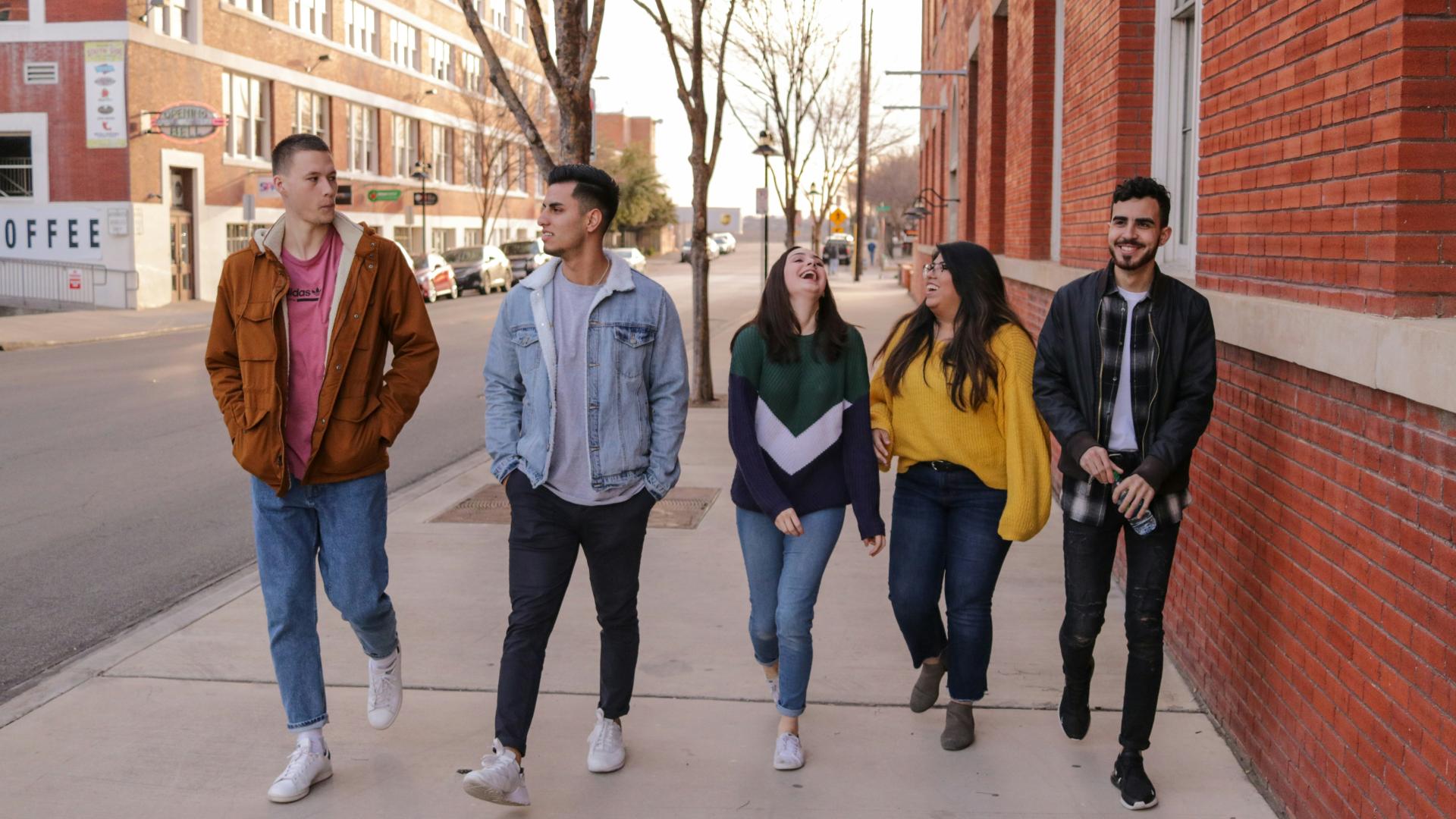Jo Fischl
On 21st May 2024, we carried out a focus group discussion with a group of 18-30 year olds who were looking to make a difference in society, and had taken some kind of action to make a positive difference recently. This included anything from donating to charity to signing a petition or attending a protest. Participants were studying or working in a range of jobs, many were living at home with parents, and others were renting. We discussed a variety of topics – including the issues which most concerned them, and how they respond to them. We also discussed the role of charities, other organisations, and individuals in making a difference.
High concern about issues – and personal impacts on their lives
Participants expressed strong levels of concern about many issues. Housing and rental costs, homelessness and the wider cost of living crisis were at the forefront. There was a strong belief that living standards have deteriorated, and a sense of the personal impact of this on their own lives, particularly in relation to housing. We also saw an associated anger at government failings. Other issues on the agenda included drug addiction, the environment, war and political instability, and perceptions of deteriorating behaviour and increased violence amongst some young people. Several participants expressed scepticism about social media and its potential impact on their generation. When we prompted a range of charity causes, it was mental health that resonated most with the group, a continuation of the trend we’ve seen as it’s risen up the agenda in recent years.
Sense of powerlessness to take actions
However, participants struggled to know what they could do about the issues that mattered to them, which felt large in scale and insurmountable. The main ways to help that came to mind tended to be support for individuals, such as giving money or food to people on the streets. This audience also felt the limits of their own finances as they grappled with cost of living and rental costs – this impacted their ability to provide help to others.
Charities and charity brands aren’t at the forefront
We found that charities were largely not on this group’s radar. Engagement was largely ad hoc, reactive and opportunistic. There was little sense of loyalty to specific charity brands or indeed much recall of charities at all. They struggled to recall charities which they had seen have an impact recently. In a minor slip which nonetheless felt indicative of the level of knowledge in the group, one participant referred to “when Cancer Research runs its Macmillan mornings”. Crucially, there was little linkage between issues they cared about and charities working in those areas – and participants struggled to think of organisations which could help them turn the issues they cared about into action.
Cynicism and lack of understanding of charity operations
There was concern expressed about the way charities, especially large ones, spend resources, with perceptions of inefficiency, lack of money reaching the cause and high executive pay. There was limited recall of actual negative stories about charities from this group, but more of a general sense of charities’ inefficiency.
“I don't think large scale charities tend to work. I tend to think they waste – not waste, but they spend a lot of money keeping themselves propped up and going on.”
Social media – potential for delivering authenticity on issues and causes
Social media was central to how this group interacted with the world, especially via TikTok, Instagram and YouTube. For many it was their main source of news and a primary way of hearing about and educating themselves on causes and issues. In particular, events in Gaza were raised by some of the group. Several participants donated occasionally to GoFundMe appeals or used similar means that they came across through social media, while there was also a reasonably high level of awareness of influencers supporting good causes.
Mr Beast in particular was well-known and well-received with his work being described as “refreshing” and “authentic” by participants. This sense of authenticity was vital – respondents wanted to be able to know and trust individuals or organisations and to trust their bona fides. Even well known organisations with video stories can be challenged over their authenticity – one participant expressed his scepticism over a WaterAid video, explaining that you can’t trust anything now because of AI technology. These discussions highlighted the importance of demonstrating impact in a way that feels personal and genuine and in a way that young people feel they can really ‘see’.
“Obviously celebrities do the odd give-away or give money, but I feel like the fact Mr Beast donates pretty much all his money that he's earning... I think it was crazy and I think it's amazing that he's doing that. So yeah, definitely refreshing to see someone do that and actually want to do it.”
“I feel like if you don't see it, you kind of don't believe it as much. I think it's good to kind of have that visual idea of what is actually happening and the reactions of the people - and how it was actually benefiting people as well. So you need more visually, I quite like to see it.”
For more information about upcoming events, or the research we do with the general public, get in touch at insight@nfpResearch.com or download info below.

